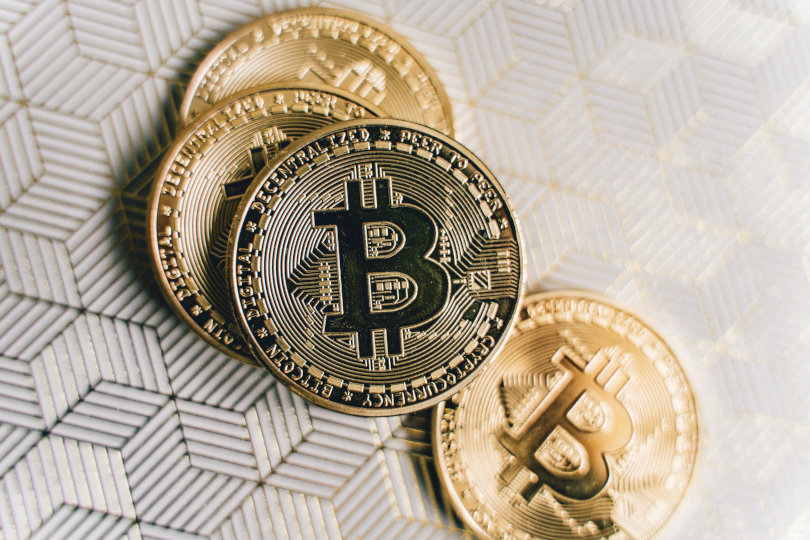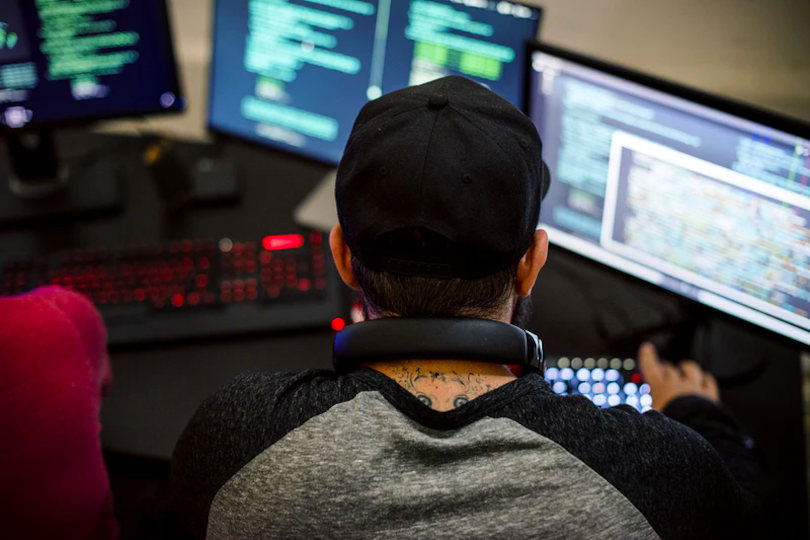Cryptocurrency has quickly become one of the trendiest online advancements, thanks to the fast pace of technological progress.
Because of the inbuilt encryption and resolution process, blockchain technology has restored the buyer’s trust as a decentralized network data management system. It has done so by giving security, privacy, and integrity of data without the need for a private entity. However, cryptocurrencies still have certain technical issues and limits.

The idea that virtual money would garner such mainstream media coverage, let alone a commonly traded choice for investors, seemed far-fetched only a few years back. Investors are now debating whether this murky asset is worth including in their portfolios. However, while investing in blockchain, the regulatory structure, as well as policy and functional threats, are critical considerations.
According to reliable sources, hackers stole a total of 740,000 BTC from Tokyo’s Mt. Gox exchange’s customers back in 2014. Here’s another incident to note; back in mid-2016, hackers were able to transfer around 2.8 million ETH (around USD 60 million at that time – USD 8.4 billion today) from the Decentralized Autonomous Organization, a.k.a DAO, to an address owned by an unidentified person or group. Even though the majority of the funds stolen were subsequently retrieved, it served as yet another warning that fraudsters are increasingly attacking cryptocurrency markets.
Let’s have a look at all the security issues that you need to be aware of while buying into the crypto market.
1. Difficulties with Scalability
The blockchains today are the largest ever constructed, and as the tech gains momentum, blockchain systems will only grow in size. This is a cause of concern according to some experts, primarily because these vast crypto algorithms have not been thoroughly tested.
Typical worries revolve around the possibility that as the blockchain environment matures, more weaknesses and loopholes may be identified and abused. Or that the technology infrastructure that enables cryptocurrency will become much more vulnerable to simple errors.
2. Lack of an administrator
The very thing that makes crypto investment so exciting is also what makes it so dangerous. As digital money is decentralized and stateless, there is no central authority or administrator in charge of its formation, circulation, and regulation.
Virtual currency exchanges, where crypto is purchased and sold, are provincially regulated, depending on the jurisdiction that they are located. They don’t have nearly as much government supervision or verifiability as typical banks.

3. The regulators are far behind the hackers, or even the users
There are very few recognized accounting principles for digital currencies, just as there are almost no well-defined regulations. Several regulatory agencies and government institutions are still trying to figure out what a cryptocurrency even is. Is it a type of investment? Is there a monetary replacement? Is it possible to have fungible and non-fungible tokens in the same blockchain?
There are issues concerning how lenders and receivers should record these transactions, as all of the transactions are anonymous and cannot be traced back to an IP address or an actual person. Do they issue stocks for cryptocurrencies in a firm or must they approach it as a liability? There seem to be no conclusive answers for these regulators.
4. Online wallets are not as safe
Over time, many wallet attacks have shaken the crypto market. Storing your crypto online is a very risky affair, especially if you own enough to tip off hackers. ‘Dusting attempts’ are when a little quantity of cryptocurrency, known as dust, is distributed to dozens, if not thousands, of wallet locations.
The goal of this assault is to trace down these wallet addresses in order to “uncover” or de-anonymize them. Several public blockchains, including Bitcoin, Ethereum, Bitcoin Cash, and Dogecoin, have dust on them.
One of the ways to keep your wallet safe is to have a physical crypto wallet that can only be accessed with a fingerprint or a password when it is plugged into a computer. The only downside to this is that you probably wouldn’t be able to promptly trade crypto unless you are plugged into a laptop (aka, mobile use is not very practical at the moment). But with the rate at which crypto accessories and overlay tech is growing, you’ll see a good level of security with these as we move forward.

Conclusion
Even though crypto is a relatively new technology with the scope of growth very high, there is a promise. The security issues need to be addressed by both the blockchain companies as well as the crypto trading platforms.
The first step to this is having frequent audits and making the open-source code as robust as possible.




